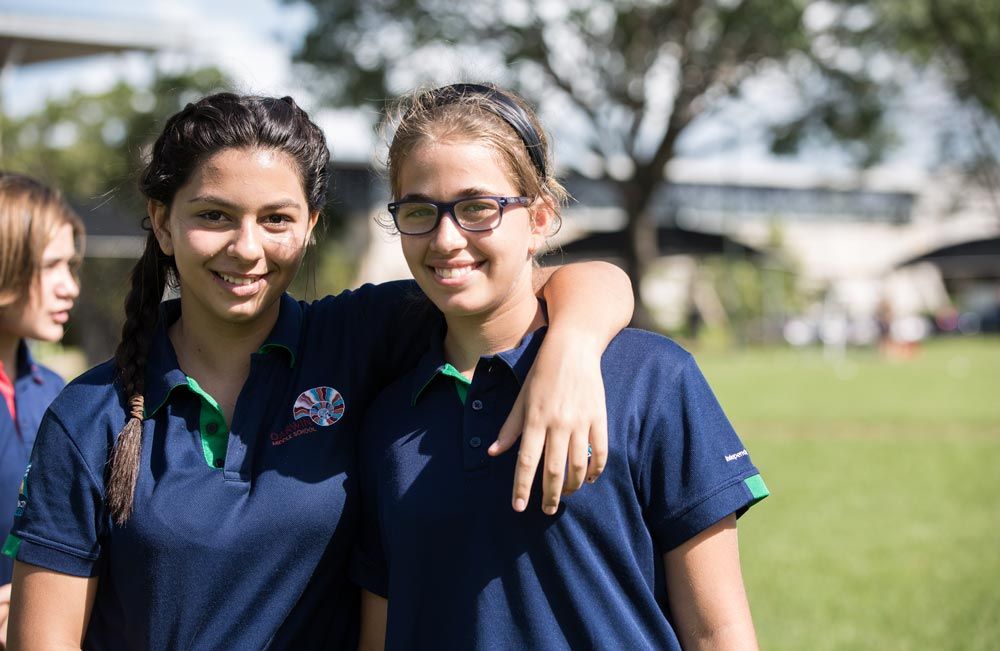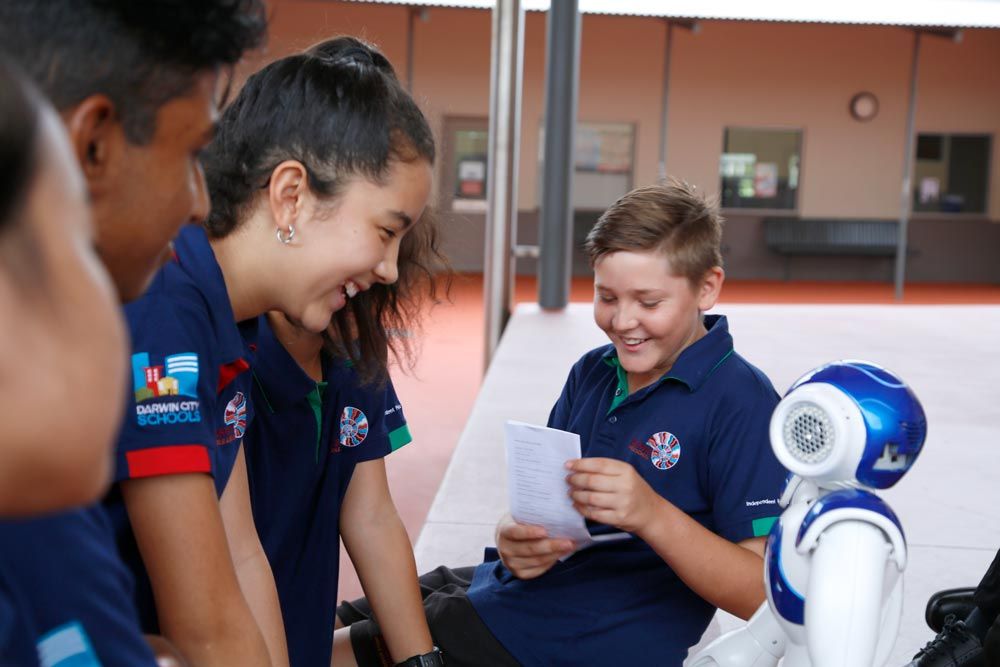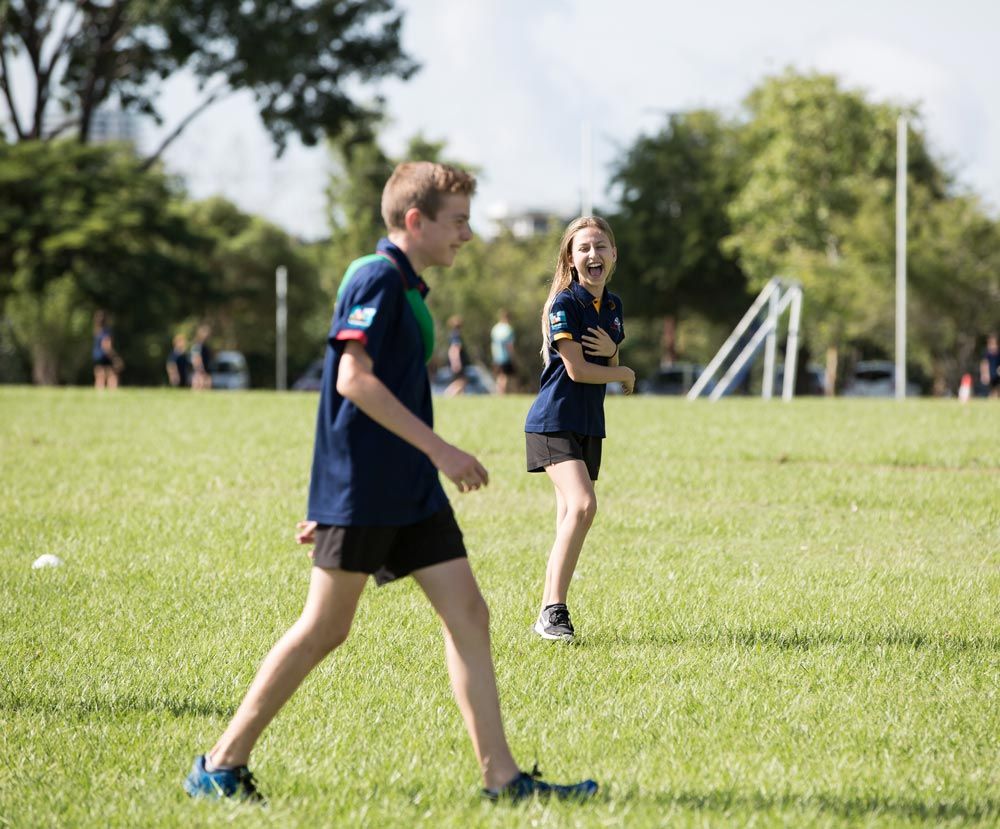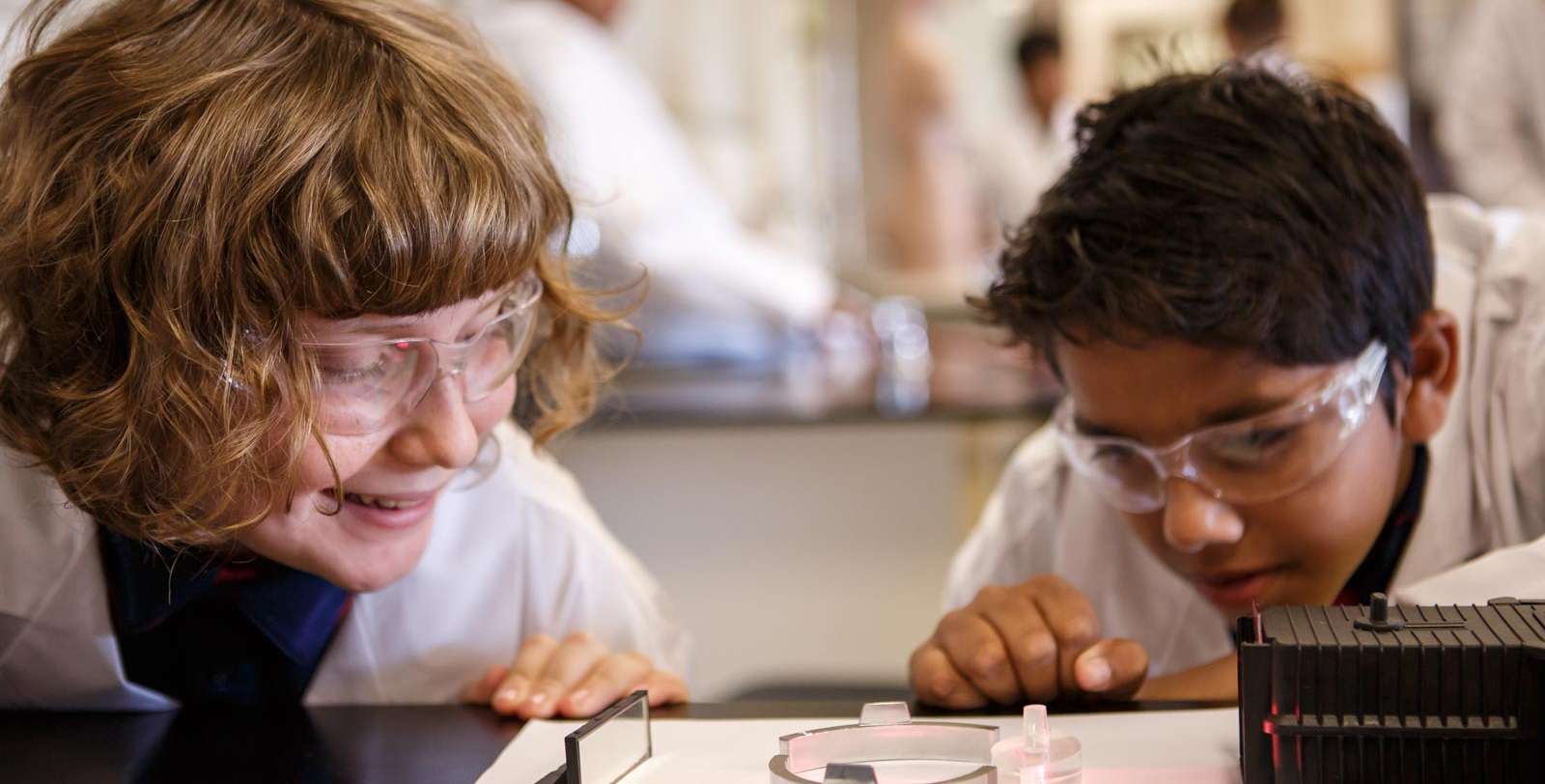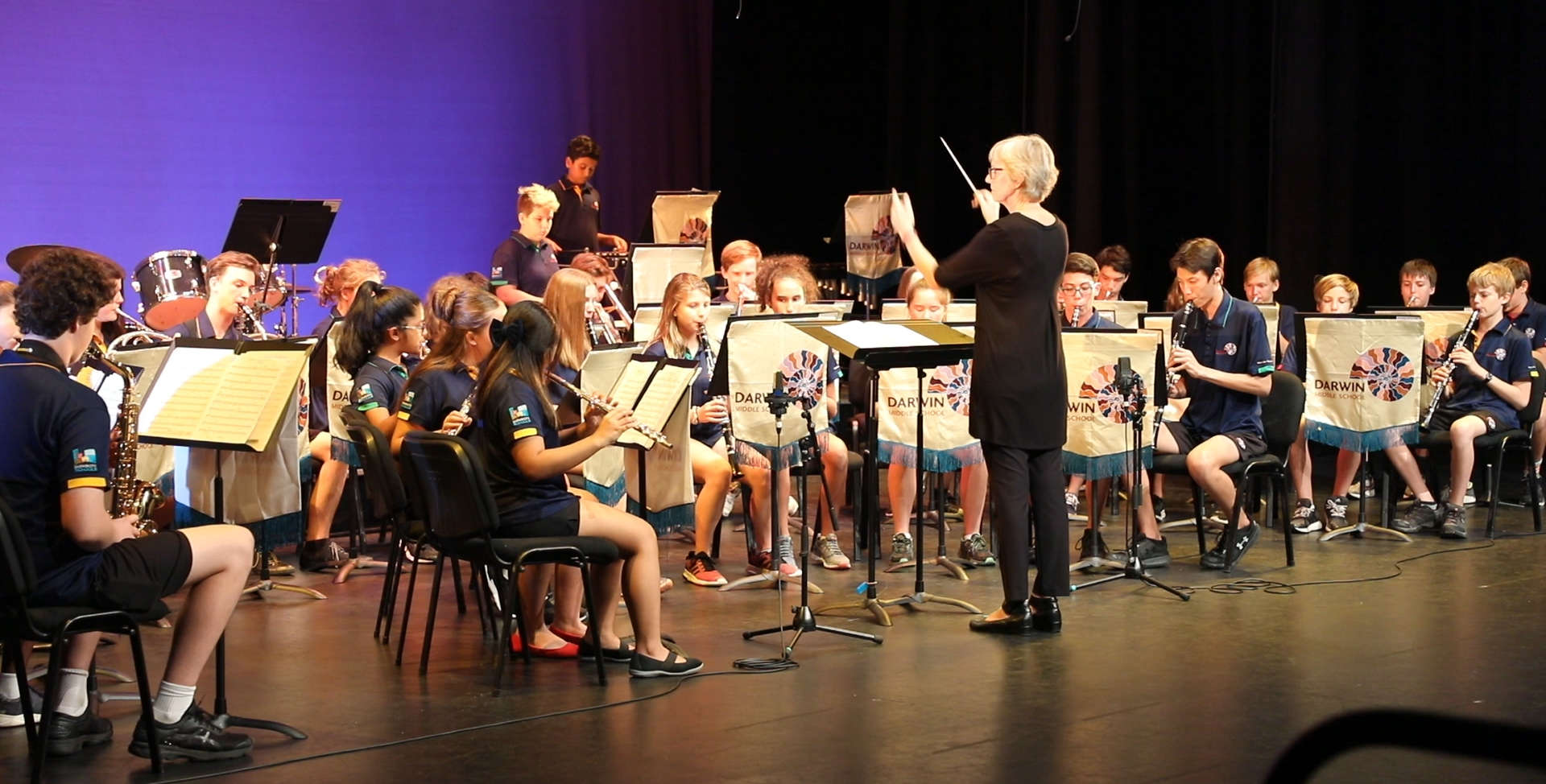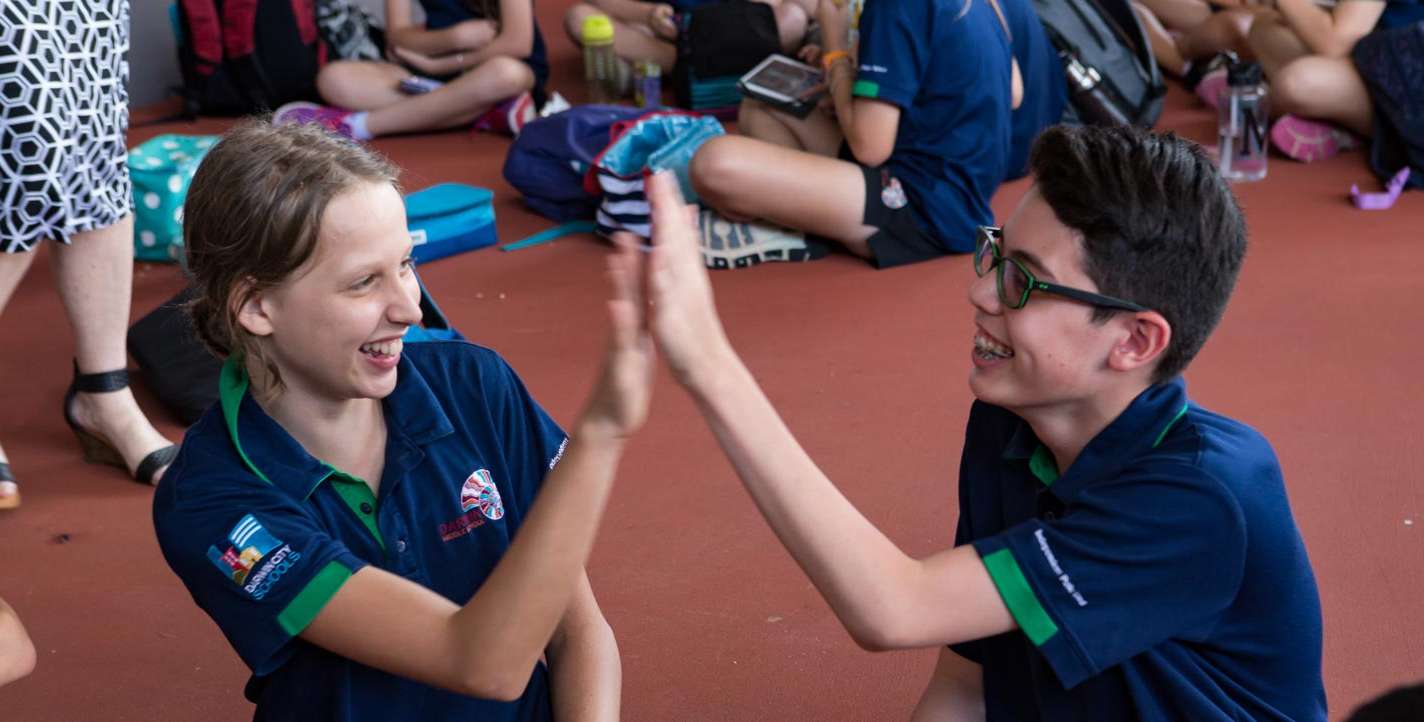What is SMILE?
Student empowerment through strong and positive Mental Health, Intrinsic motivation, Life skills & Emotional resilience
SMILE facilitates and provides students with skills and strategies allowing them to foster resilience and positive mental health. The five domains of well-being are:
- Cognitive well-being is associated with achievement and success.
- Emotional well-being relates to self-awareness and emotional regulation.
- Social well-being includes how we experience positive relationships and connectedness to others.
- Physical well-being is associated with how we feel physically safe and healthy.
- Spiritual well-being relates to our sense of meaning and purpose. Including our connection to culture, religion or community and includes the beliefs, values and ethics we hold.

